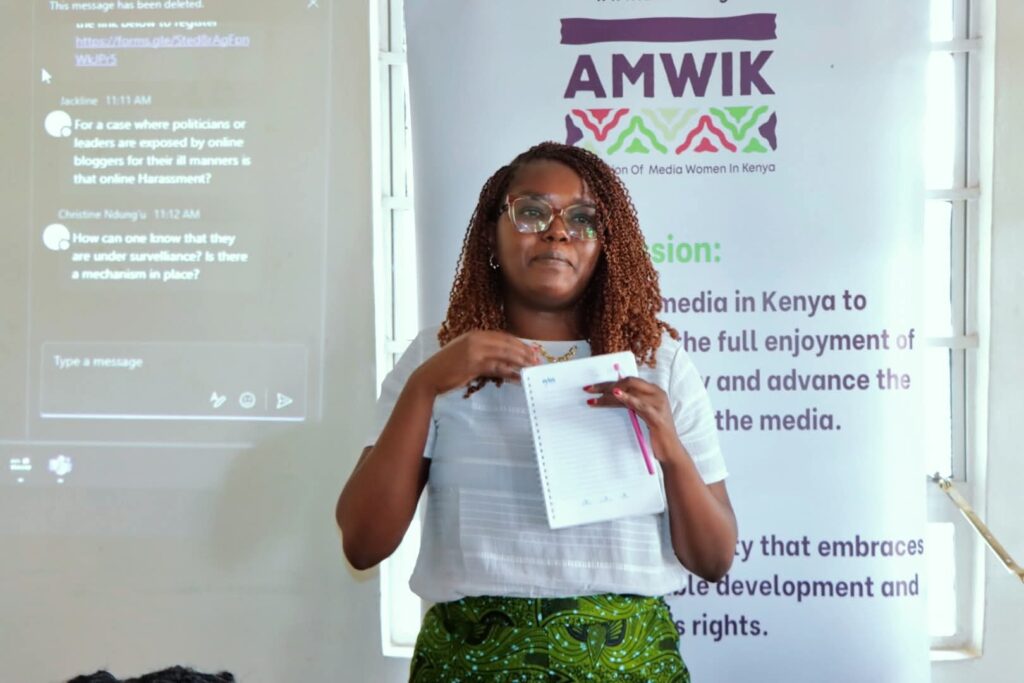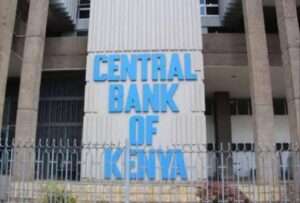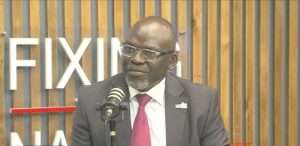
Kenyan journalists are increasingly turning to digital platforms for news gathering and visibility, but rising cases of online threats, cyberbullying, hacking and doxxing have put their safety and careers at risk.
To address these challenges, the Association of Media Women in Kenya (AMWIK), with support from the Urgent Action Fund (UAF), convened a two-day specialized mental health and legal training to help journalists safeguard themselves online and understand applicable laws.
Speaking during the training, Gakii, a lawyer from the Thomson Reuters Foundation (TRF), noted that many journalists endure online abuse in silence, wrongly believing it is part of the job. She urged them to change this mindset and prioritize both their rights and mental well-being.
“Journalists should not suffer in silence. With legal safeguards in place and increased awareness, digital spaces can become safer environments where press freedom thrives,” she said.
The training highlighted existing legal frameworks that protect journalists in Kenya, including the Computer Misuse and Cybercrimes Act (CMCA, 2018), which addresses offenses such as unauthorized access, cyber harassment, publishing false information, and cyberstalking.
The Data Protection Act (2019) safeguards journalists’ right to control the collection and use of their personal information, while the Constitution of Kenya (2010) guarantees freedom of expression, access to information, and the right to privacy.
“These legal frameworks, when enforced, ensure perpetrators face legal penalties. Under the CMCA, offenders may be fined heavily or sentenced to imprisonment ranging from two to ten years, while under the Data Protection Act, imprisonment can go up to two years depending on the nature of the crime,” Gakii added.
Journalists were also reminded that there are institutions mandated to investigate, prosecute, and enforce these laws, including the Directorate of Criminal Investigations (DCI), local police stations, and the Office of the Data Protection Commissioner (ODPC).
AMWIK emphasized that protecting press freedom in the digital era goes beyond advocacy it requires knowledge of rights, awareness of legal remedies, and practical avenues for reporting violations.





